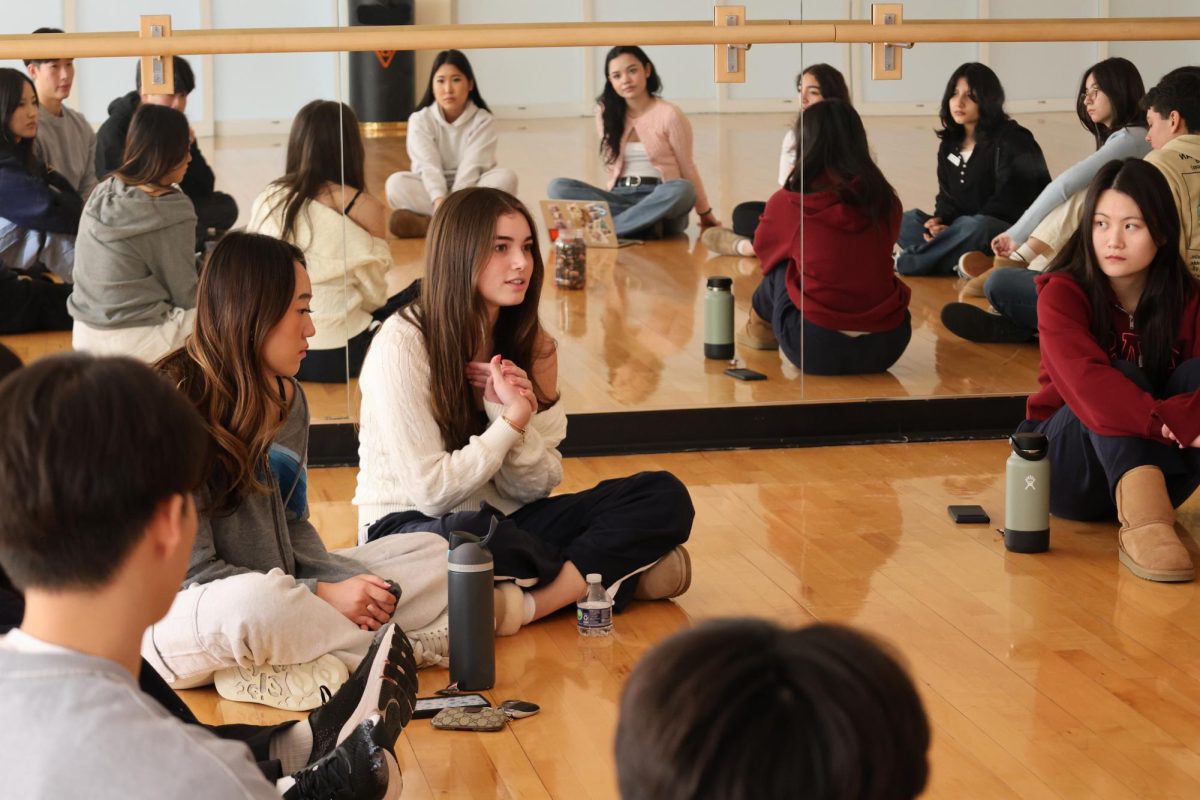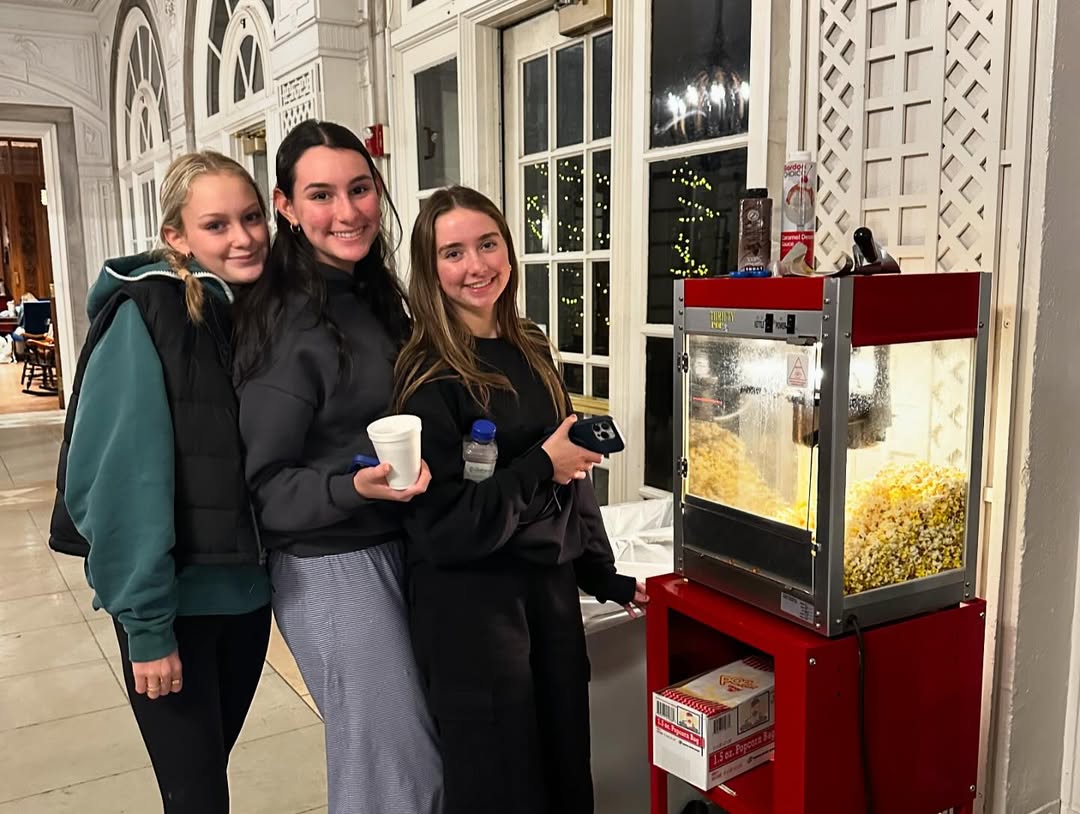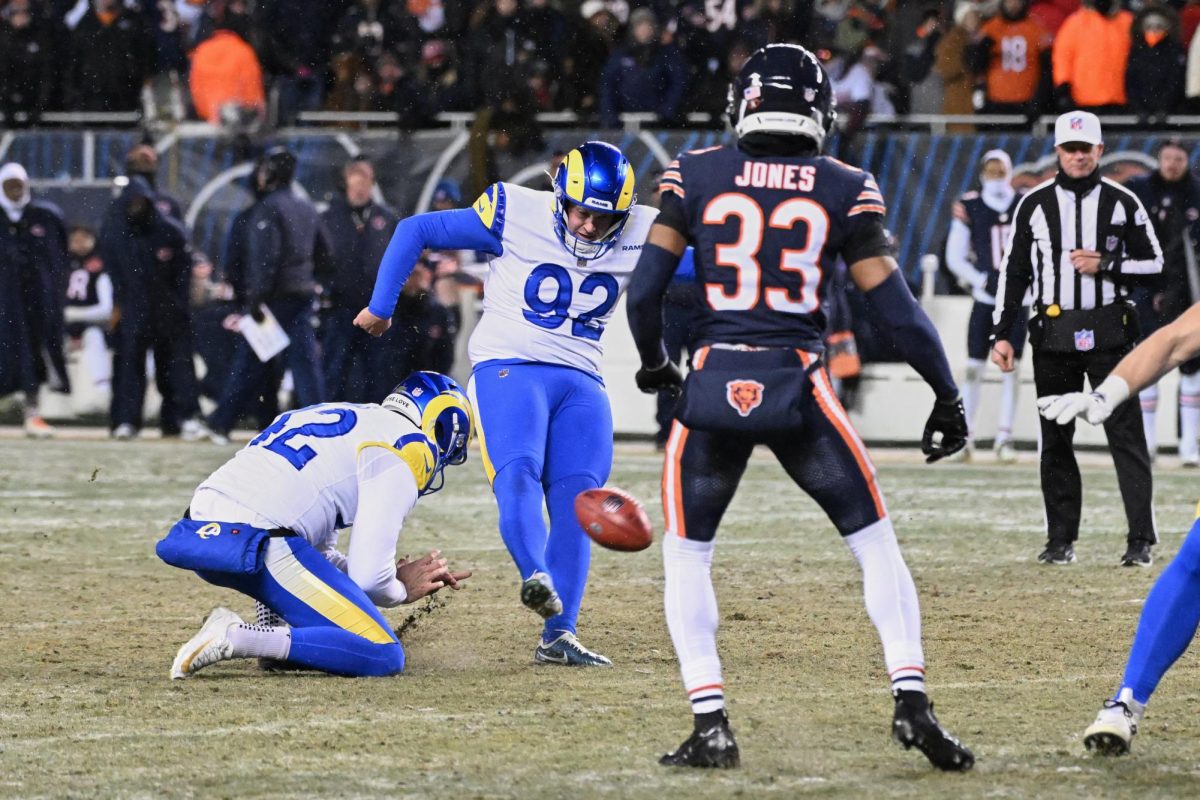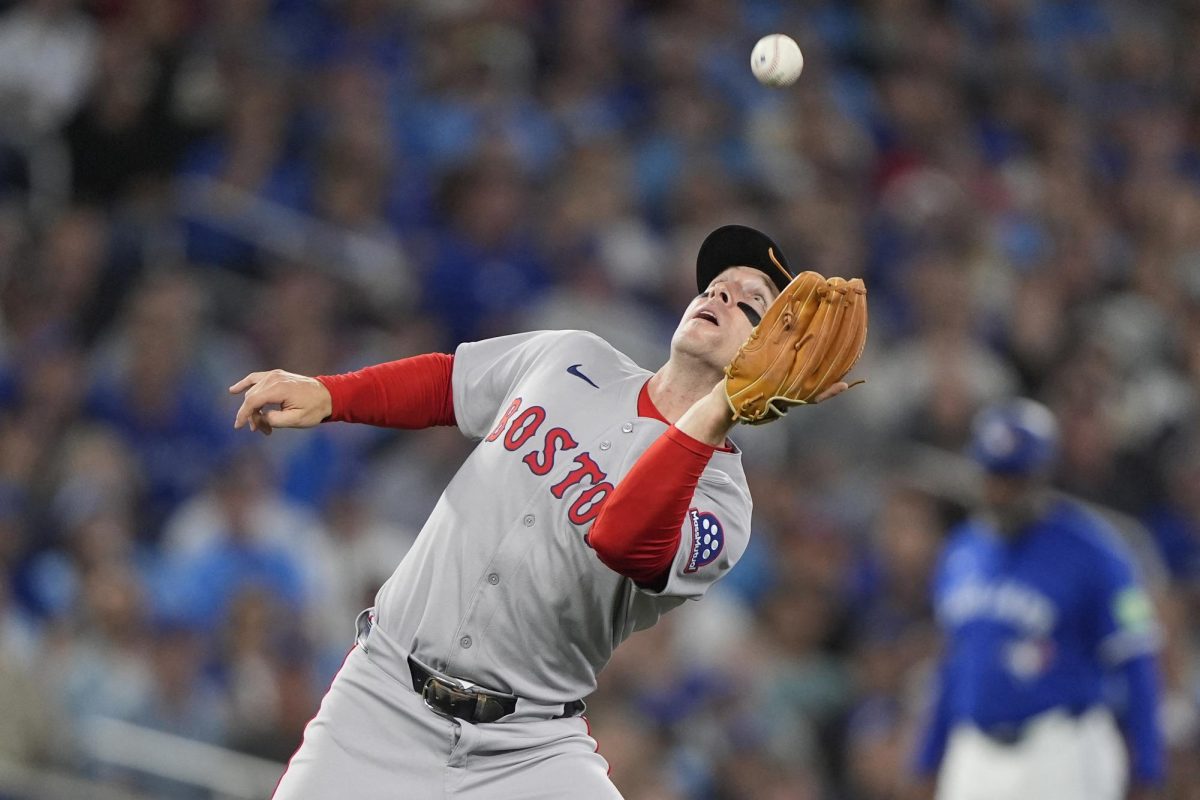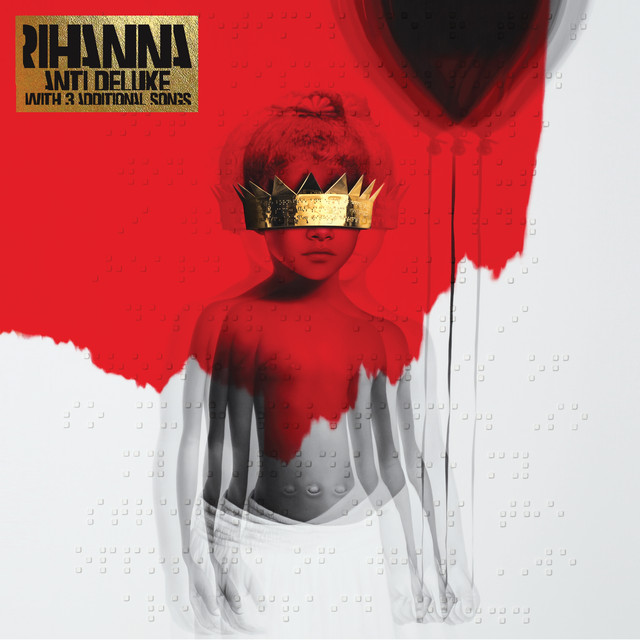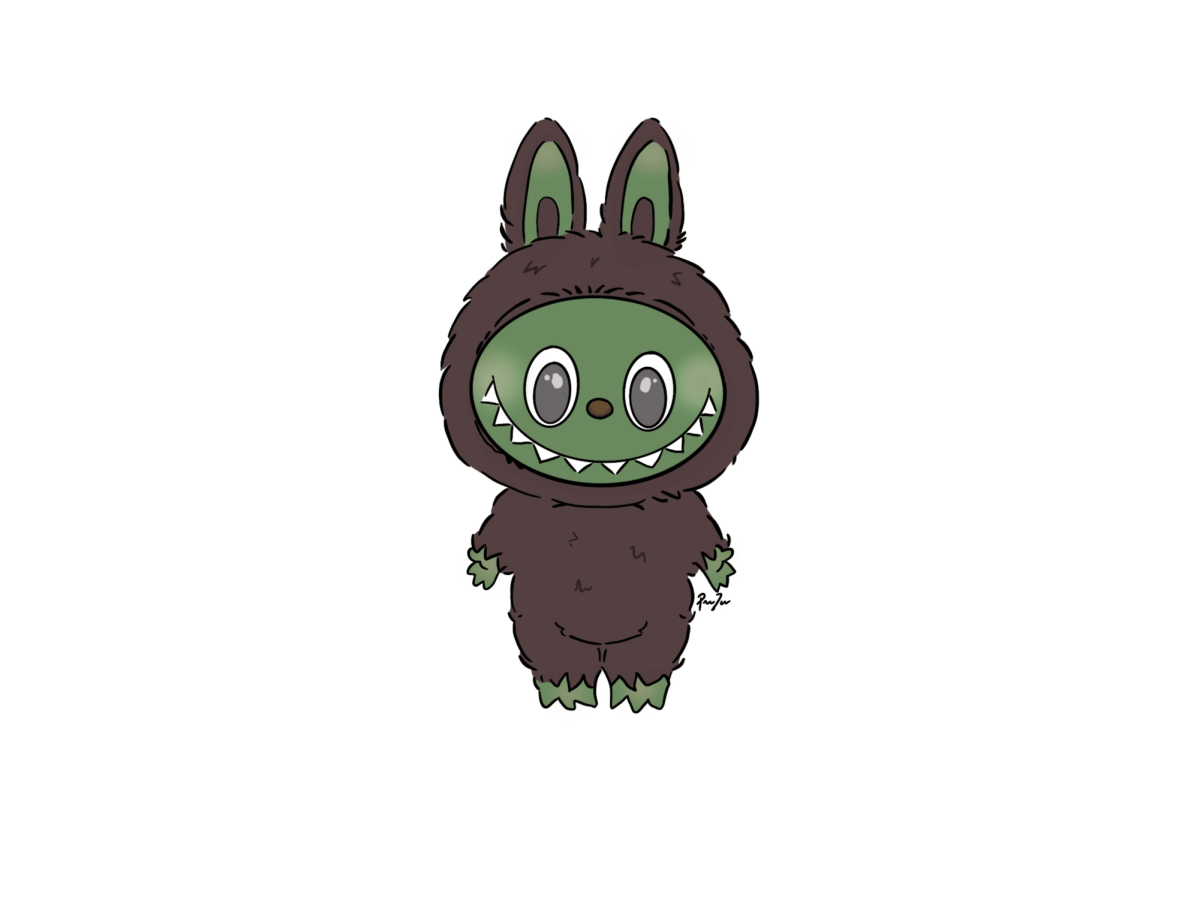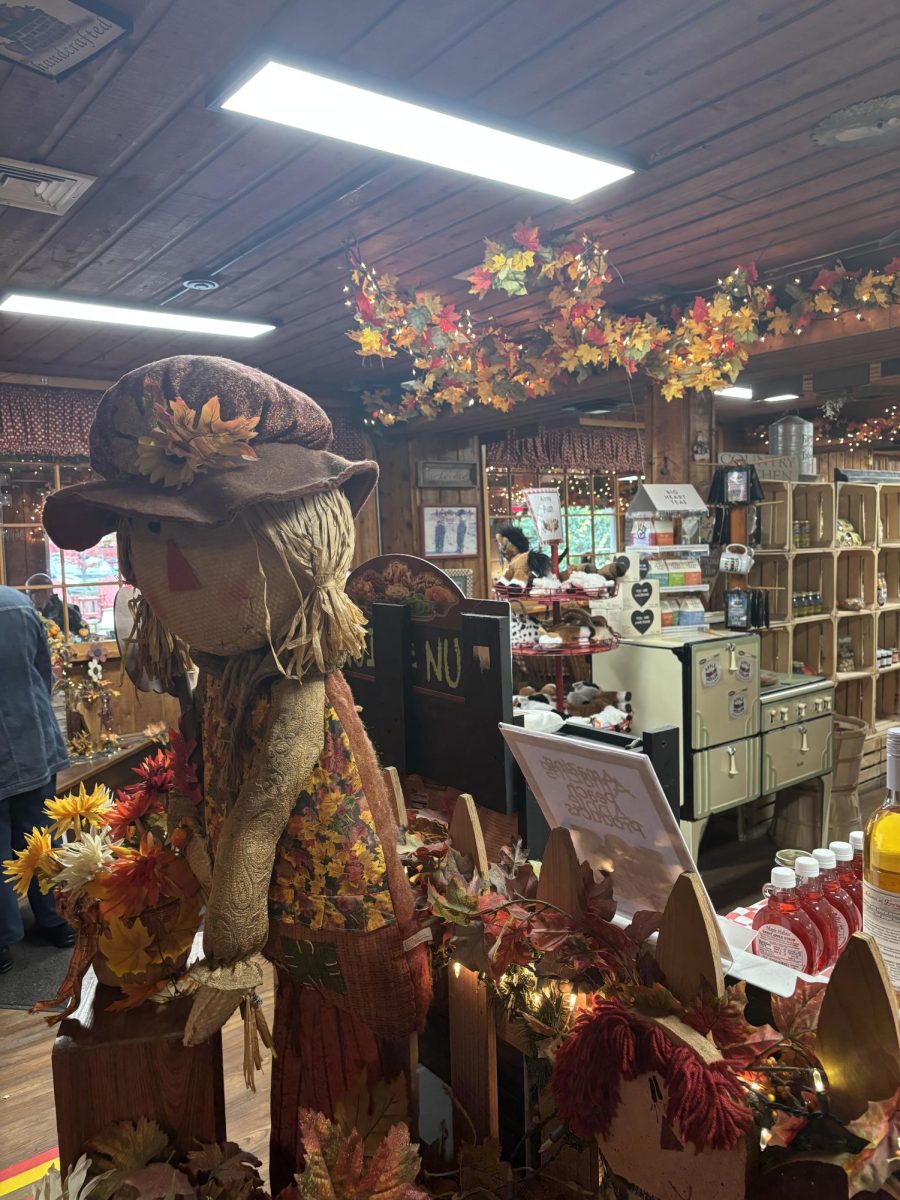From changing the air conditioning to sixty-seven degrees in the car, to pointing at mangoes in the grocery store out, to taste-testing Shake-Shack’s “Dubai Chocolate” Shake, brain rot has successfully integrated itself into the intricacies of our everyday lives, and therefore, our culture. The zeitgeist has shifted from grimace shakes and griddy-ing to labubus and getting sendy, but what does this even mean? For the millennial generation and above, these words and phrases might be as understandable as Pig Latin, so let’s break them down.
Six Seven, popularized by rising rap artist Skrilla’s song “Doot Doot (6 7),” has become a subset reference in everyday life. Hand motions that mirror juggling with an elusive six and seven in each hand might further accompany those numbers. But these burlesque actions fail to meet the normal requirements for most cultural ‘trends’ – these hand motions and numbers have no ulterior meaning.
In this lack of meaning, there is purpose. The allure of trends like these isn’t rooted in intense depth or symbolism: it’s in the catchy relevances they support. Memes become more memes, eventually leading to subcultures forming online. From there, these sects of pop culture manifest into in-person interactions that reference those viral things, in turn. Mangoes, for example, became a victim of internet virality back in 2023, when a video of a man yelling mango repeatedly while pouring mangos on his head went viral. A year later, this moment was remixed into a song, and this past summer, this song was featured in numerous videos online of people pointing out mangos in their local grocery stores. Something from nothing.
One popular icon of this summer that is rooted in some level of meaning or history is the surge of popular Chinese toys, Labubus. Whether seen on students’ backpacks or heard in Lizzo’s “WHIM WHAMMIE” verse, where she raps, “can’t even outdress my Labubu,” they have unofficially become the ‘brat’ of this summer. Born in 2015 as characters in a Nordic-inspired book series by Hong Kong artist Kasing Lung, they were transformed into collectibles four years later and then turned into viral brain rot emblems this summer. The ugly-cute aesthetic of the doll combined with the blind box opening surprises has caused the toy’s popularity to skyrocket, and with it, its brainrot vogue.
Last but not least, the most emblematic item of this summer has been the Dubai chocolate candy bar, which’s green pistachio flake mix, coated in milk chocolate, has taken the internet by storm. Although delicious, these candy bars have also become a massive part of online brain-rot culture. “24k dubai chocolate gold labubu” has been a common phrase coined that has further cemented its relevance in today’s ‘rotted’ culture.
Despite lacking meaning, these words and phrases have molded themselves into the younger culture’s everyday life, becoming an integral part of our generation’s identity and humor as a whole.


